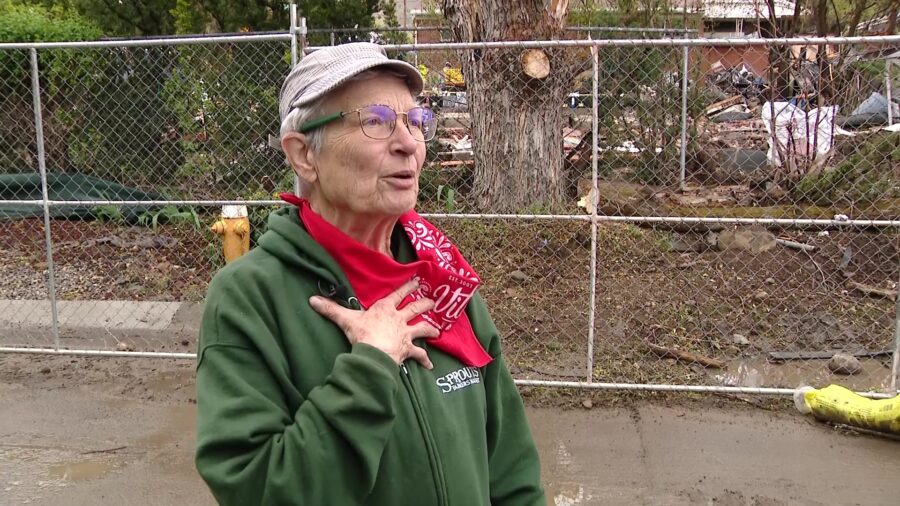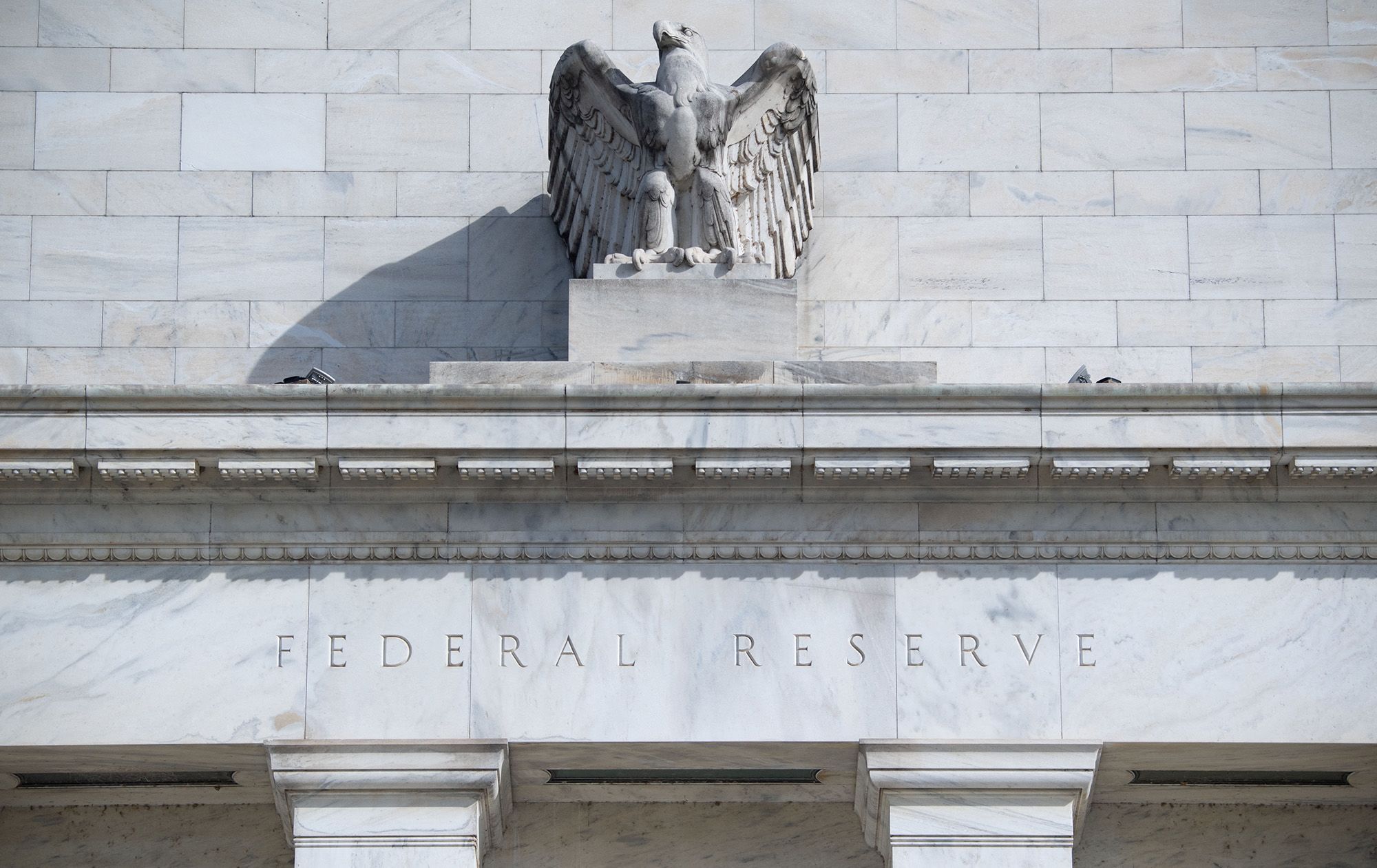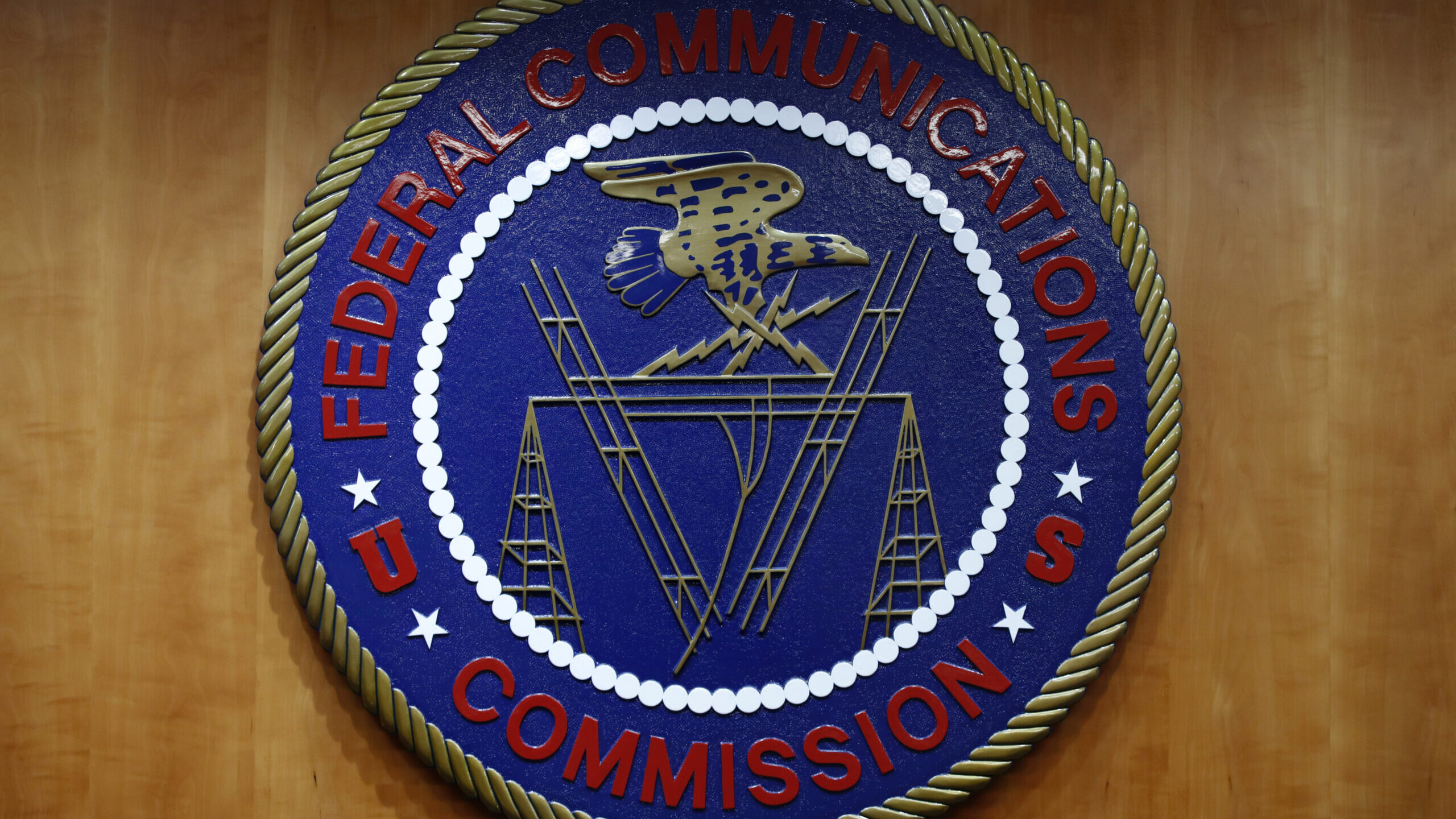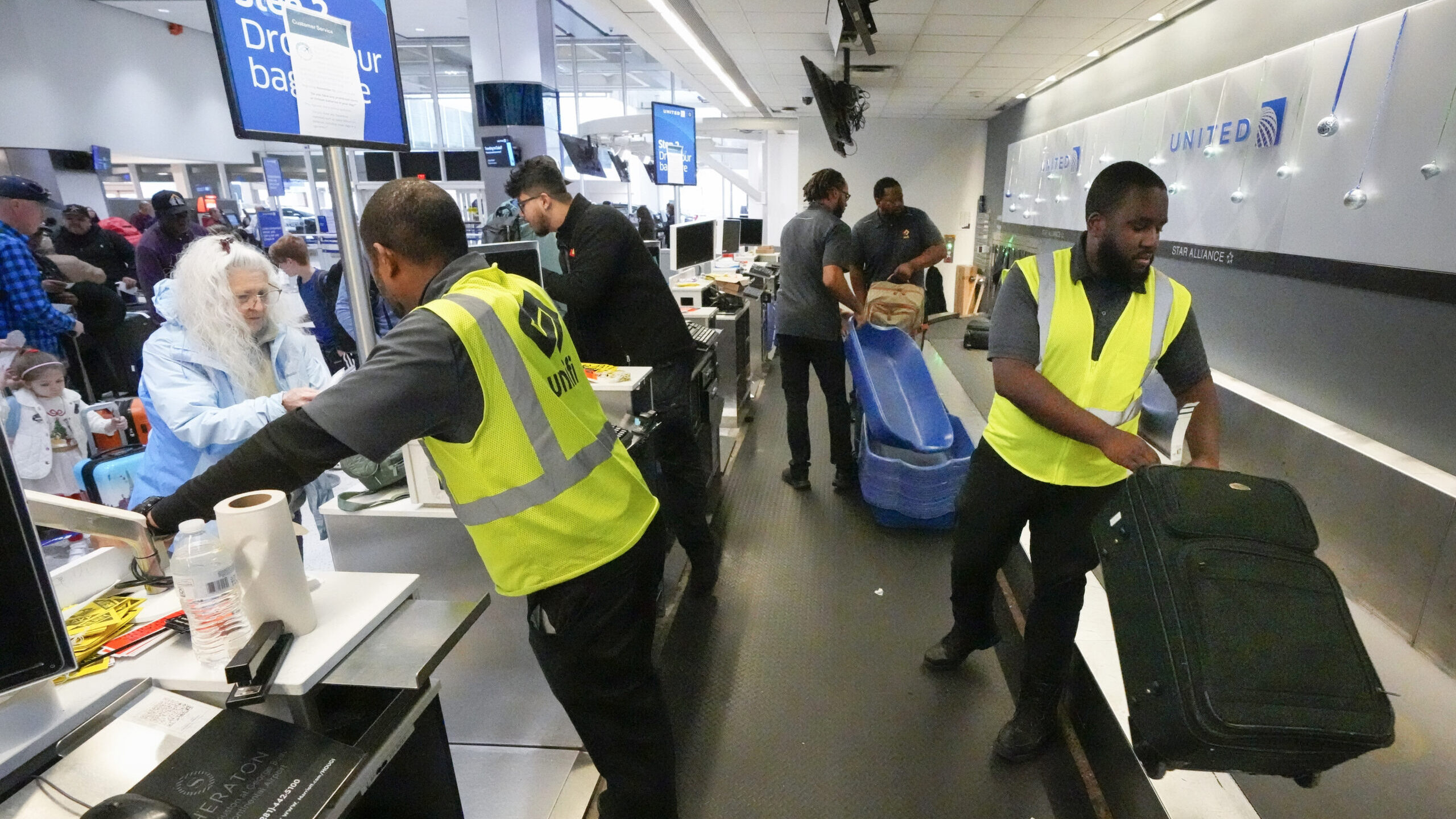Mayor asks Salt Lake City Council to put new homeless shelters on hold
Oct 6, 2021, 9:06 AM
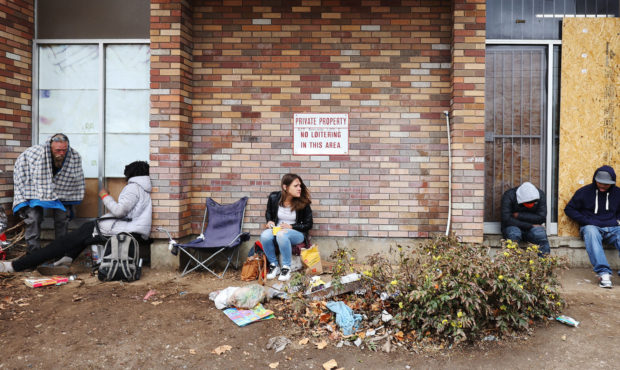
FILE: Homeless persons sit in a closed business on North Temple in Salt Lake City on Tuesday, April 6, 2021. Photo: Jeffrey D. Allred, Deseret News
SALT LAKE CITY — There is no distinction between temporary and permanent homeless shelters in land use processes in Salt Lake City. That’s why Salt Lake City Mayor Erin Mendenhall wants a six month moratorium on applications for new permanent homeless shelters.
She spoke at the Salt Lake City Council’s work session meeting last night.
“This will require us, as a city, to review what conditions we can approve those conditional use shelters in the future,” Mendenhall said.
Mendenhall did acknowledge the Salt Lake Valley Coalition to End Homelessness requested 300 more emergency shelter beds. She said her six month moratorium would not apply to temporary homeless shelters in Salt Lake City. However, the temporary sites can only be built where zoning laws already allow for a shelter.
The planning commission must review the moratorium on permanent shelters. Then, the city council can vote on a final plan.
Homeless shelters in Salt Lake City near capacity
Andrew Johnston, Salt Lake City Director of Homelessness Policy and Outreach, also gave a presentation at last night’s meeting.
His data shows the South Salt Lake men’s shelter is currently at 87% capacity, the Gail Miller Co-ed Homeless Resource Center is at 95% capacity, and the King Women’s Center is at 99.6% capacity. Winter, he noted, is fast approaching.
Johnston also addressed the frustration many in the community feel about a portion of those on the streets not accepting help when offered.
“When we ask someone, ‘Do you want to go in?’ and they go to a shelter that is 99% full, and we say ‘No, you can’t come in.’ After two or three of those responses, people no longer trust help will be given.”
He also explained the challenges people have to making reasoned decisions.
“Sleep deprivation from living on the streets shows the same type of impairment as substance abuse,” said Johnston. “Add to that any trauma, physical, sexual or mental abuse, the person is experiencing and their judgment is severely impaired.”
Johnston said society has a habit of criticizing homeless people for not getting help without understanding the reasons why they don’t.


